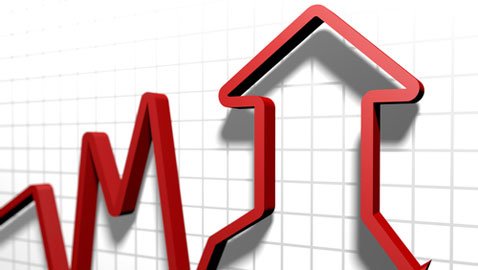
February saw annual growth in UK house prices of 1.9%, down from a 2.2% increase in the 12 months to January, the Office for National Statistics has reported.
These changes reflect growth of 2.1% in England and 4.1% in Wales, offset by declines of 1.2% in Scotland and 7.7% in Northern Ireland.
Annual house price increases in England were driven by a 5.9% rise in London and a 2.4% increase in the North East. Excluding London and the South East, UK house prices increased by 0.6% in the 12 months to February.
On a seasonally adjusted basis, UK house prices were unchanged between January and February 2013.
In February 2013, prices paid by first-time buyers were 1.6% higher on average than in February 2012. For owner-occupiers (existing owners) prices increased by 2.1% for the same period.
David Brown, commercial director of LSL Property Services said increasing house prices are a positive sign for the housing market, but a growing hurdle for a new generation who want to share in that prosperity.
He said: “Insipid wage growth and chronically high inflation are riding roughshod all over first-time buyers’ finances, and higher house prices will only make it harder for them to get the mortgage they want. At this rate the average new buyer will have to get together £2,800 more than a year ago for their first home – that’s an increase of £230 every month.
“Unless the flagship Help-to-Buy schemes are matched by new building to help increase the supply of housing, there’s little sign this will change. Both aspects of Help-to-Buy rely on a 5% deposit from the buyer. On average that’s £8,650. With hourly wages down 8.5% since 2009, for a huge section of people that isn’t achievable. Even for those lucky enough to have a 5% deposit, this is currently being devalued at a rate of £12 pounds a month.
“Increasing tides of people are making use of the private rented sector, and the rental market itself will have to expand to provide for them.”